#79 Pairwise
Creating super crops with CRISPR
Read time: 5 minutes
Hi, I’m Javi Gascón.
This is Climate Tech Distillery, a newsletter where I talk about one specific climate tech company every week.
Today we’ll distill a company that’s leading CRISPR gene editing for plants to create a healthier and more sustainable food future: Pairwise 🇺🇸
Want to sponsor Climate Tech Distillery? Here’s all the info.
What Problem Does Pairwise Tackle?
They deal with several critical issues at the intersection of innovation for growing crops and climate change.
1. Climate-Crop Misalignment: As extreme weather intensifies, existing crop varieties fail more often. Billions in annual crop losses due to droughts, floods, etc. that varieties weren’t bred to handle, driving farmers to use more water, pesticides, and fertilizers.
2. Innovation Bottleneck: Conventional breeding is inherently slow and limited. Developing a new crop variety takes 10-15 years, forcing farmers to use crops increasingly mismatched to the climate conditions.
3. Agricultural Emissions: Agriculture contributes roughly 10% of global greenhouse gas emissions. Inefficient, low-yielding crops require more land, water, and chemical inputs, driving deforestation and resource depletion.
4. Disease Vulnerability: Monoculture crops are increasingly susceptible to emerging plant diseases. Without rapid-cycle crop innovation, farmers face recurring crises and forced pesticide escalation.
Product / Service 📦
Pairwise‘s Fulcrum platform enables them to make precise, efficient genetic improvements in plants to REALLY accelerate crop innovation. It’s quite awesome:
Precision: At the core of their different gene editing tools is CRISPR, a scientific tool that works like molecular scissors, allowing scientists to cut and edit specific parts of an organism’s DNA to add, remove, or change genes with great accuracy.
Speed: Their platform compresses crop development from 10-15 years to just 3-4 years (and getting faster).
Customization Variety: Pairwise can turn all sorts of plant traits on or off, or “tune” them like a dimmer switch. Nutritional value, flavor, yield, disease resistance, convenience, etc. For example, they created pitless cherries.
Climate Resilience: Pairwise focuses on crops engineered for tomorrow’s climate. For example: Disease-resistant cacao and corn that withstands extreme weather and produces higher yields.
Scalable Impact: They target both specialty crops (berries, greens) and major commodities (corn, soy, wheat, canola). Improving yield per acre and crop resilience, reduces the land, water, and chemical inputs needed for food production.
Market 🌐
The global agricultural biotechnology market is projected to reach $36.8 billion by 2032 ($21 billion now). Gene editing in agriculture will be key to deal with climate pressure, water scarcity, and the need to feed 10 billion people with a lower environmental impact.
Other Key Players
Tropic 🇬🇧: Uses CRISPR gene editing to improve tropical crops like bananas, coffee, and rice by enhancing taste, hardiness, and climate resilience.
BASF 🇩🇪: The massive chemicals company is investing heavily in agricultural gene editing R&D with focus on climate-resilient crop traits.
Pairwise is ahead since they have co-inventors of CRISPR on the founding team, a production-ready platform, and multiple commercialized products.
Founding Story 🦄
Pairwise was founded in 2017 by Tom Adams and Haven Baker, alongside three scientific co-founders who are literally the inventors of CRISPR: David Liu, Feng Zhang, and J. Keith Joung. Monsanto, MIT, Harvard…very solid backgrounds from all the members.
Their initial focus was to use CRISPR to solve agriculture’s most pressing problem: the inability to breed crops fast enough to keep pace with climate change.
While most biotech companies stay in R&D, Pairwise committed to commercialization from the start. They launched the first CRISPR food product to North America: leafy greens with improved taste and nutrition.
They’ve raised $155 million to date and partnered with agriculture giants Bayer and Corteva. They’ve also delivered 27 novel traits to commercial pipelines and created the world’s first seedless blackberry!
Top Impact Stats 📈
1. They’ve created 81 potential new products and performed 11 million genetic transformations.
2. They have a 72% success rate in creating targeted crop improvements (and improving).
3. Pairwise’s tools are licensed and being used by research centers and companies all around the world.
Whenever you’re ready, there are 2 ways I can help you:
Scale and optimize your climate business: I build low-code automation systems for climate companies so they can free up time to scale their revenues and their climate impact.
Give visibility to your climate company: Get your company in front of an audience of thousands of climate players and enthusiasts by sponsoring newsletter issues and LinkedIn posts.
Thanks for reading today’s issue! If you liked it feel free to hit the ❤️ button and share it with someone who might like it too. See you next Saturday:)



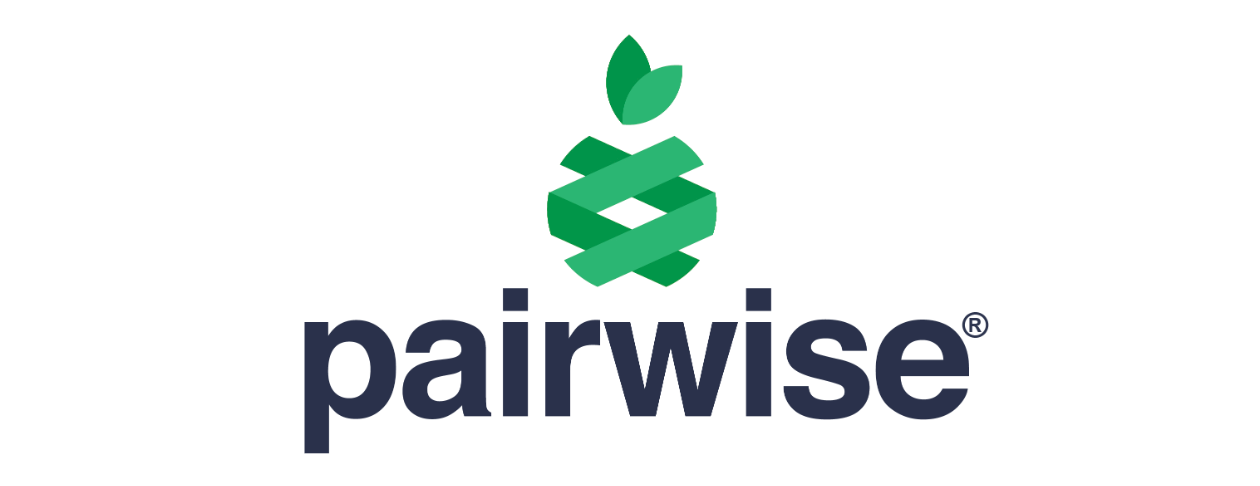
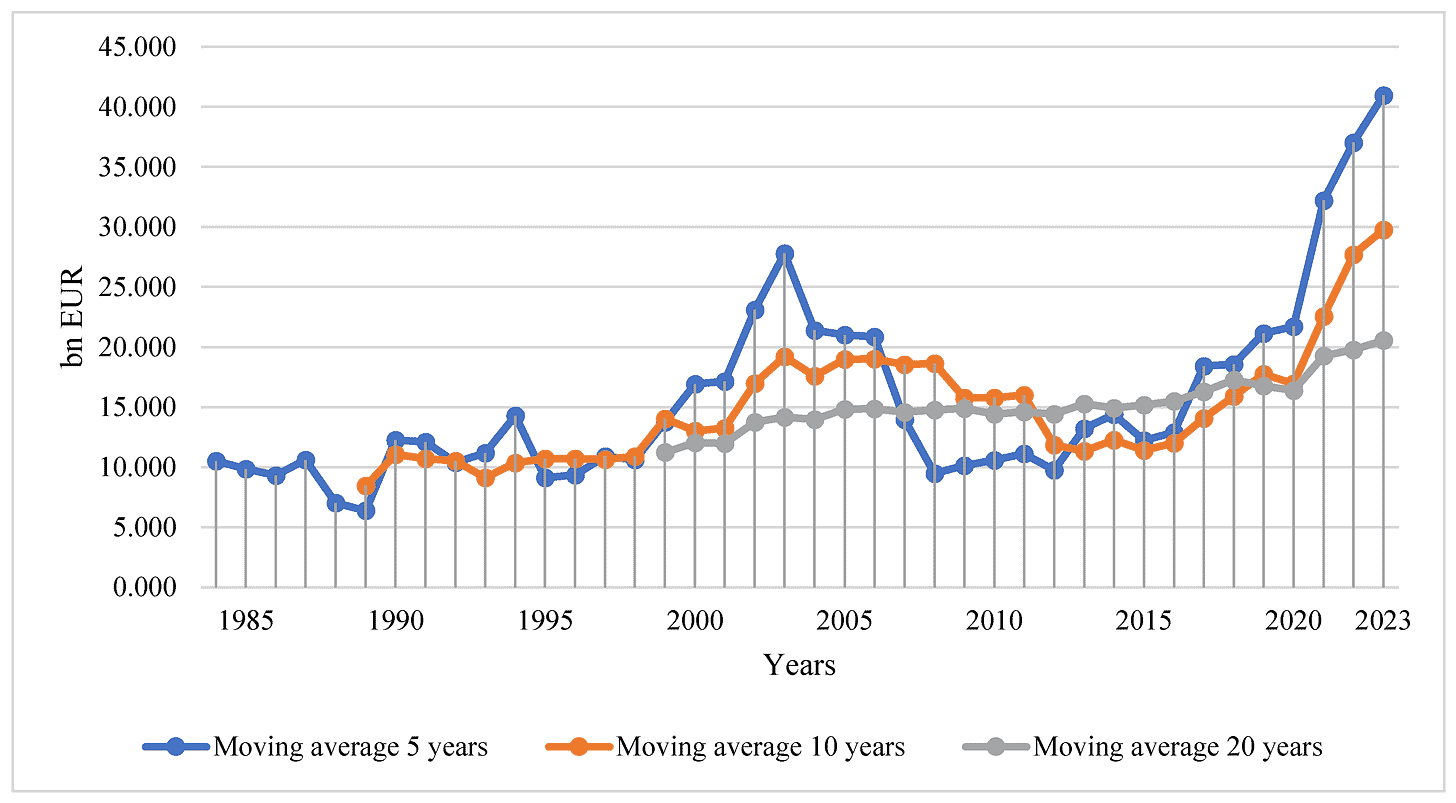
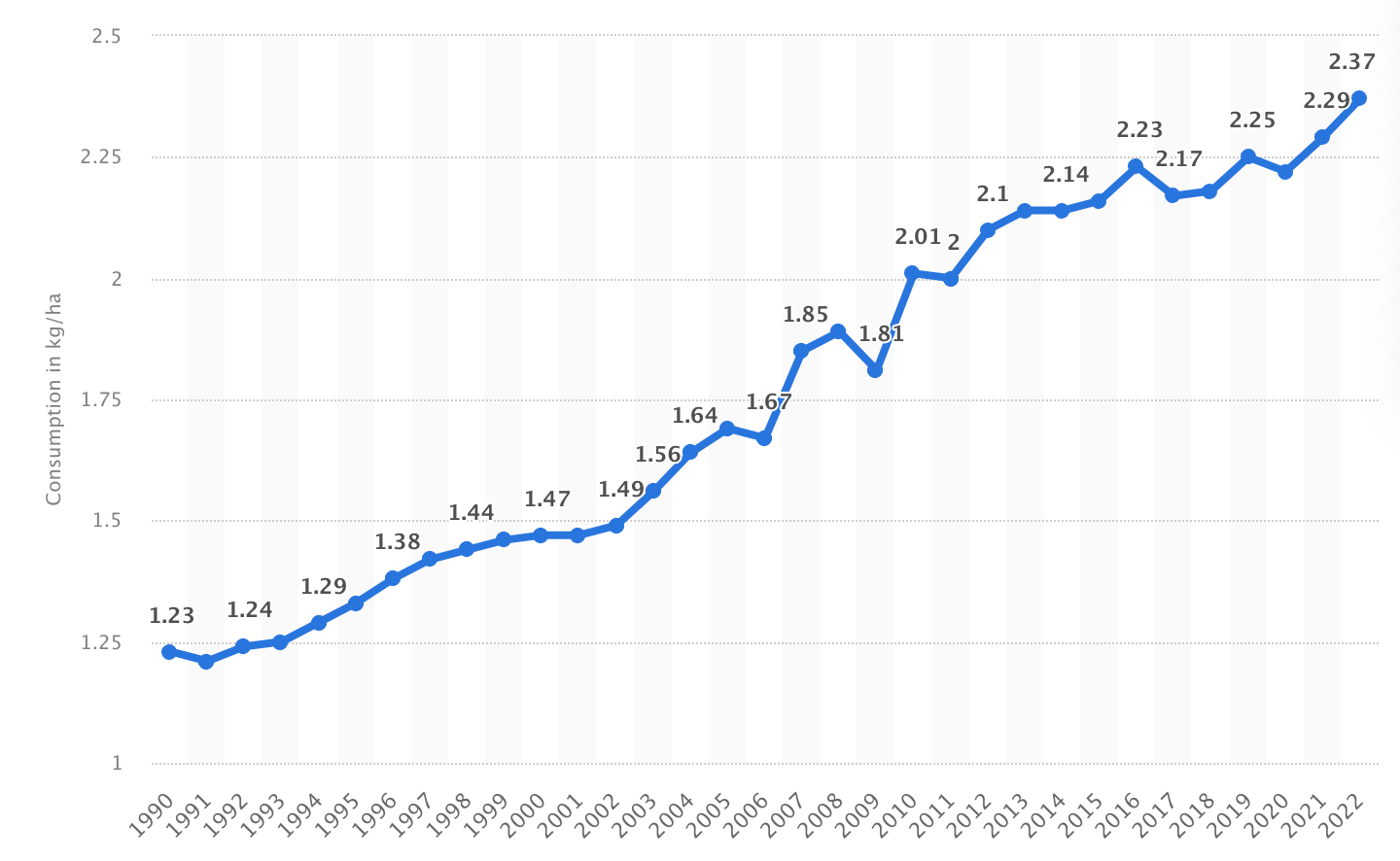

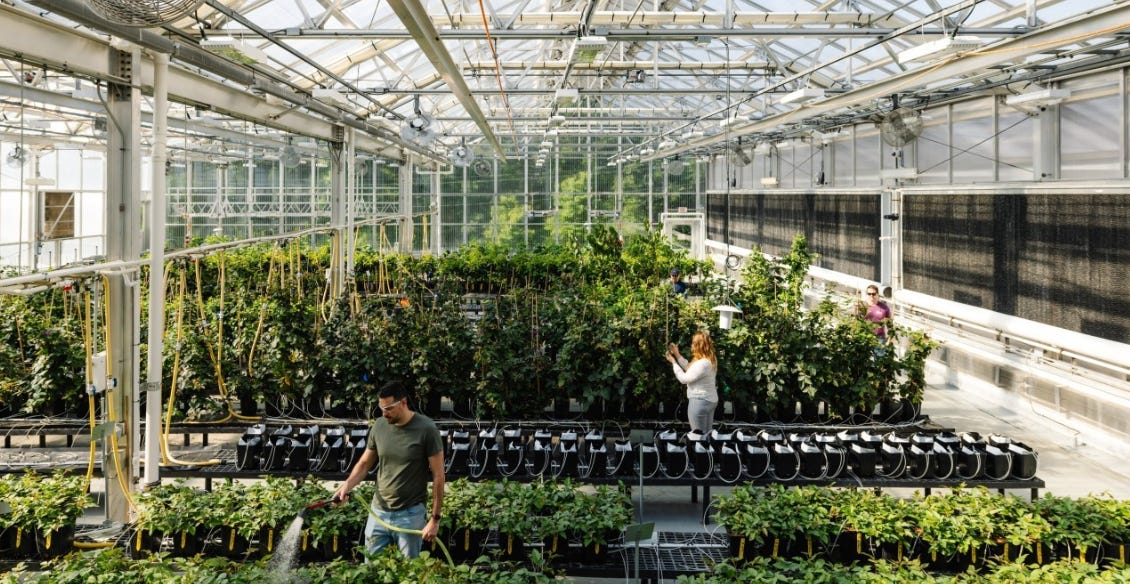

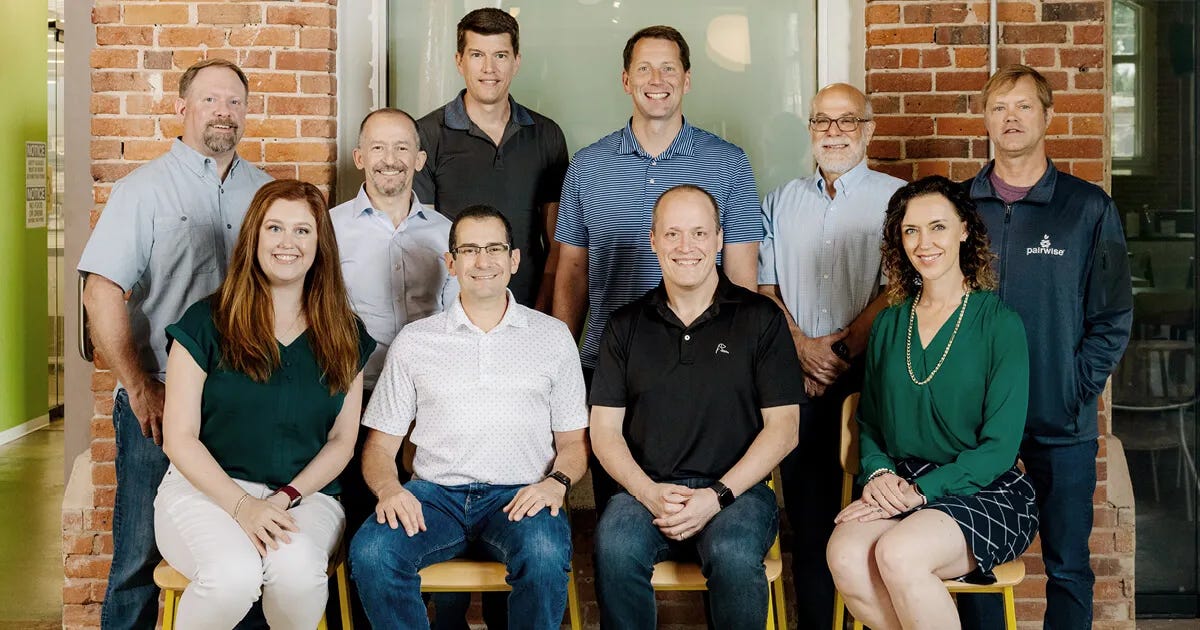
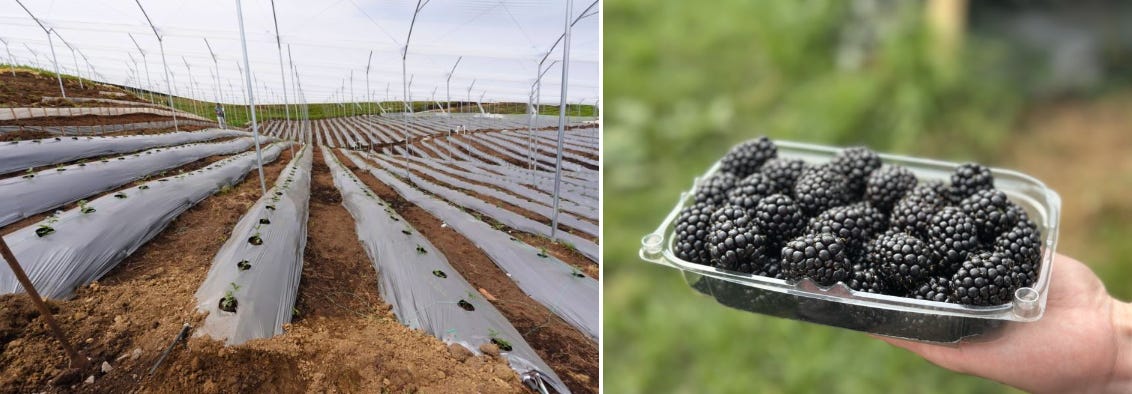
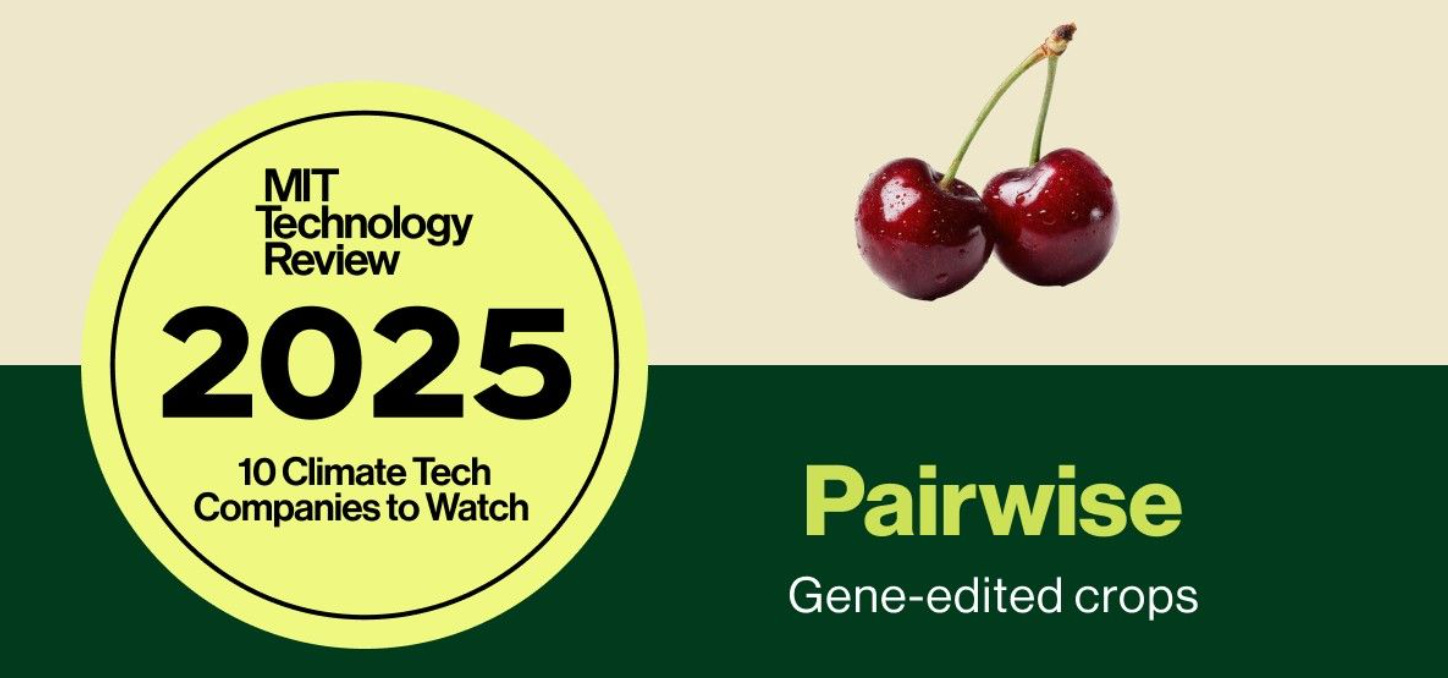
The Corteva parternship is really interesting here. They bring massive scale and distribution networks that Pairwise needs to actually get these CRISPR crops into farmers hands. What I'm curius about is how the regulatory landscape will evolve, especially in Europe where there's still a lot of resistance to gene editing even though CRISPR is way more precise than older GMO techniques. The fact that they got the co inventors of CRISPR on the founding team is pretty amazing, that's a huge moat in terms of IP and know how.